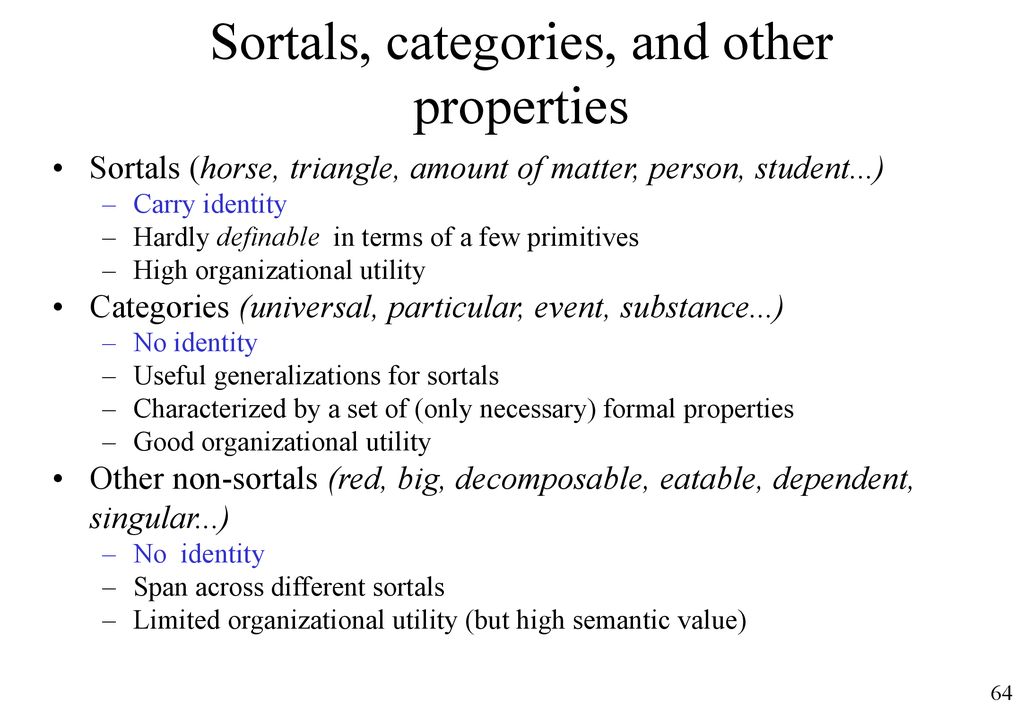There have been increasingly clamorous calls for the banning, removal, or controlling, or censoring of ‘misinformation’ as an enforced general policy. This may be through law backed by punishment. But what does this mean? The calls seem also to be suggesting that something new and perilous is happening in human life that was not there before. That now, because of misinformation, something especially harmful is occurring.
The fashionable word ‘misinformation’ is not one I like as it comes loaded with an assumptive catch-all normative condemnation and is ironically misleading, to the point that it is in itself an example of putative misinformation – but as it is in use one has to deal partly in its currency. By coining the word ‘misinformation’ there is the suggestion that something ominously new is happening when in fact there is not.
It would be wrong to give a list of ‘examples’ of misinformation – though that is how discussion of it is often done, presenting lists of question-begging presumptive cases that reveal the author’s own present assumptions – for that would only precisely stir a cauldron of claims and counter claims in distracting detail, drawing one away from the question of whether controlling misinformation generally makes sense. All the compiling a list of examples would do is air the prejudices and assumptions of the person doing so.
Banning (let us just stick to that for now) misinformation essentially involves banning people from getting things wrong. It is banning people making mistakes. This is clearly absurd. Nor is something new happening. Human beings have always got things wrong and always will. There is no convincing sense in which people getting things wrong is more harmful now in the history of the human race than it was in earlier times and epochs. It would be like proposing a general ban, or ‘war on’, wickedness or naughtiness.
A small aside. One must distinguish ‘misinformation’ from ‘disinformation’. Misinformation involves getting things wrong, that is, thinking true and spreading as true assertions or claims that are false, unaware that they are false. Disinformation involves not getting things wrong but deliberately spreading as true claims or assertions that are false while aware that they are false. Although lying is a complex term when looked at closely, disinformation is close to just lying, an attempt to deceive knowingly, something that may happen for various nefarious purposes, or even putatively benign ones. I shall concentrate on misinformation here but will note that the idea of trying to ban generally people deceiving each other is equally absurd, ill-conceived and implausible as that proposed for misinformation, deception being a feature of human life since humans first walked the earth. But no-one …
Read the full article which is published on Daily Philosophy (external link)







